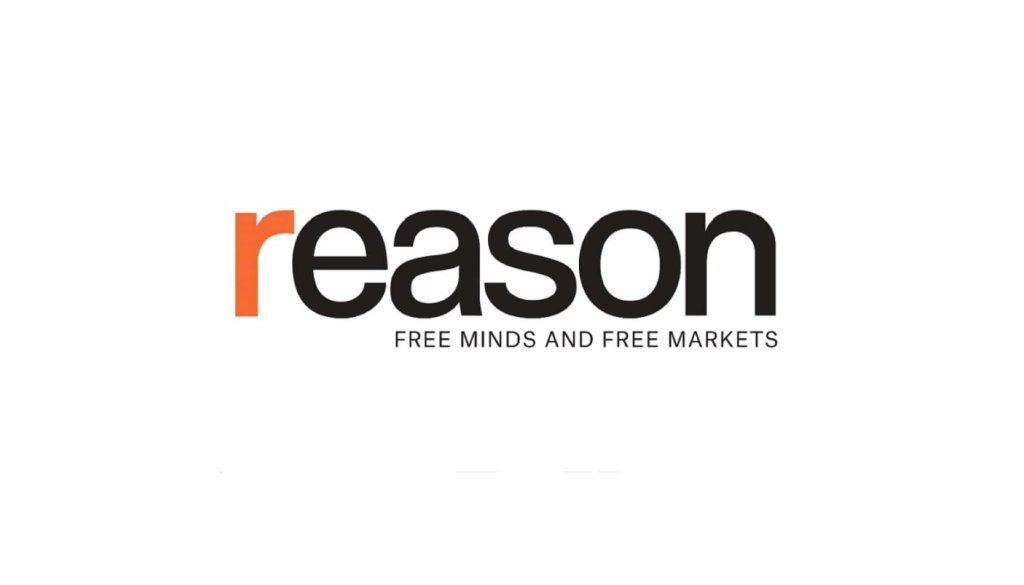Stop Subsidizing the ‘Sport of Kings’
Good morning and welcome to another edition of Free Agent! Watch your mouth with your teammates at work today, because language like this probably isn’t going to fly.
Amid a wild sports weekend, you may have missed that it’s Kentucky Derby week. Click here to see the field and choose your rooting interests based on name or trainer. (Journalism and Publisher aren’t doing it for me, despite my profession.) We’ll also talk about one of the dumbest sports-related tax carveouts you’ll ever see, Shadeur Sanders sliding down the draft board, and an update on a new NFL stadium for the Washington Commanders.
Locker Room Links
- The review of the concrete at Philadelphia’s Citizens Bank Park that you never knew you needed.
- Wrexham has made it up to English soccer’s second division under celebrity owners Rob McElhenney and Ryan Reynolds—could they really make it up to the Premier League?
- “Inside the Wild Rise of the Savannah Bananas“
- Competition between multiple U.S. women’s soccer leagues is heating up.
- The University of Kentucky is turning its athletic department into an LLC business.
- Elsewhere in Reason: “How Tariffs Could Cause Shortages in American Stores“
- The Eagles went to the White House on Monday, and Reason‘s resident superfan Natalie Dowzicky was on hand. Saquon Barkley was present, but notable absences included Jalen Hurts, A.J. Brown, Devonta Smith, and Brandon Graham.
Trump has already called all the @Eagles players “big people” 8 times. pic.twitter.com/GWNDOrvkKi
— Natalie Dowzicky (@Nat_Dowzicky) April 28, 2025
Subsidizing the Sport of Kings
Horse racing must be one of the most subsidized sports in the country.
The sport used to garner huge crowds year-round, but now, aside from the Triple Crown races and the Breeders Cup, huge crowds are rare. Yet despite dwindling interest, prize payouts are still high. Turns out there’s still plenty of money in the industry—because like any other flailing industry with cultural power, the sport’s power brokers turned to the government for help.
There are federal tax benefits for racehorses (although there’s a chance they might soon expire) and some states exempt racehorses from their sales taxes. Other states own the racetracks. A major advantage bestowed by governments has been slot machine revenue.
Many states with strict gambling and casino regulations passed laws with carveouts allowing slot machines at horse racing tracks. (To be fair, I think this should be allowed, but it should be allowed everywhere from casinos to racetracks to your local neighborhood Applebee’s, if it so chooses.) Racetracks jumped at the opportunity for revenue, but the deals have turned horse racing into a sideshow for the main attraction: slots. It’s made horse racing into a “shell industry,” as Noah Shachtman wrote in an excellent New York Times essay on this topic, “with Potemkin tracks running races as a pretext for the real business next door.”
The deals also require tracks to run more and more races. Yonkers Raceway in New York has “eight to 12 races per evening, 240 nights per year, seven or more horses to a race,” Shachtman reported, and track owner MGM Resorts “loses up to $25,000 on every racing day.” Racing so often has consequences: Though the number has been falling, hundreds of racehorses die every year.
“The sport of kings,” as it’s historically been known, is an industry for the rich, even if there’s more money now in bigger sports. Horses in this year’s Kentucky Derby have sold for six and seven figures. The average annual cost of caring for a racehorse is $75,000, according to advocacy group Light Up Racing, while annual earnings are less than $30,000—only 8 percent of horses win enough prize money to cover their costs. People who invest in horse racing anyway do it out of passion, the group says—a passion I don’t think the rest of us should be force
Article from Reason.com

The Reason Magazine website is a go-to destination for libertarians seeking cogent analysis, investigative reporting, and thought-provoking commentary. Championing the principles of individual freedom, limited government, and free markets, the site offers a diverse range of articles, videos, and podcasts that challenge conventional wisdom and advocate for libertarian solutions. Whether you’re interested in politics, culture, or technology, Reason provides a unique lens that prioritizes liberty and rational discourse. It’s an essential resource for those who value critical thinking and nuanced debate in the pursuit of a freer society.




